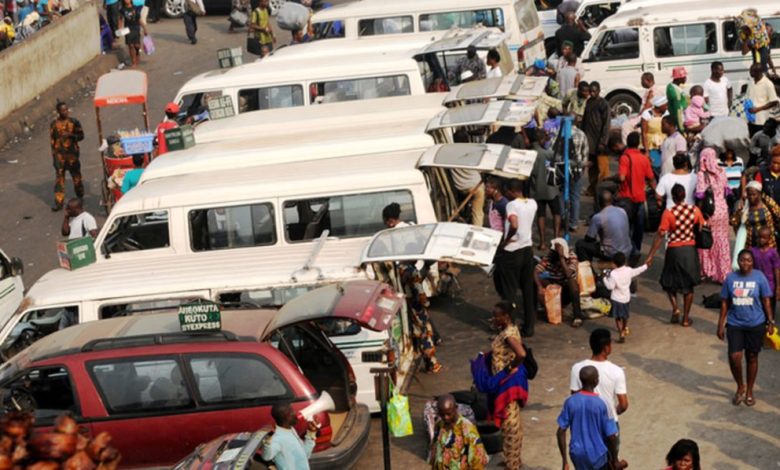
Travellers gearing up for Christmas journeys from major cities like Abuja and Lagos to their country homes face steep hikes in interstate travel fares.
The removal of petrol subsidies has triggered a surge in fuel prices, pushing pump rates from N195/litre to an average of N599/litre, reaching as high as N700/litre in some states and from various dealers.
This substantial rise in fuel costs has directly impacted transportation fares, with travellers now facing significantly inflated prices for interstate bus trips.
Checks by BusinessDay indicate that tickets for interstate routes could cost as much as N50,000, an exponential increase compared to pre-subsidy removal rates.
GUO Transport Company’s ticket prices illustrate the sharp uptick: a Lagos to Owerri Sienna bus seat during Christmas now stands at N50,500, while a 14-seater Hiace bus seat for the same route costs N42,000.
Similar high rates are prevalent for other routes, with prices for journeys like Lagos to Abuja at N49,000 and Abuja to Lagos at N50,000.
The National Bureau of Statistics’ Transport Fare Watch for October 2023 revealed a 53.04% surge in average fares for intercity bus travel compared to October 2022.
The escalation has been attributed to the removal of petrol subsidies earlier in May 2023, causing interstate fares to leap from an average of N11,000 per seat to as much as N26,000 per seat.
Lagos-based businessman Chijioke Osondu expressed dismay over the soaring ticket prices, revealing that the exorbitant costs were preventing his family’s trip to Abia State.
He disclosed that his extended family traditionally convenes for Christmas every three years, but this year’s high costs might thwart their reunion plans.
Moreover, travellers contemplating using personal vehicles face exorbitant expenses due to soaring spare parts prices.
Car owners like Stephen Udochukwu and Friday Effiong detailed spending over N800,000 and N49,000, respectively, on vehicle maintenance, attributing the elevated costs to inflated prices of spare parts and services.
“I spent N150,000 to change the four shocks which was formerly sold for N90,000 in 2022; N45,000 to change the radiator that was formerly sold for N25,000; N45,000 to buy gear oil that was formerly sold for N25,000; two shafts that used to go for N25,000 for N75,000; engine oil that was N15,000 is now N25,000; engine seat that was N10,000 before now sells for N20,000; ball joint N15,000; tie rod N10,000 and steering rubber that was N5,000 before now goes for N10,000.
“There were other little parts that I changed, and the mechanic collected a service charge of N30,000 that was formerly charged N15,000.
“In addition to the mechanical work, I spent over N350,000 to do the bodywork alone, fix some bad parts and repaint my vehicle. I was forced to repaint my vehicle because the last time I did that was five years ago, in 2018,” Udochukwu said.
Drivers within the transport sector, like Ogochukwu David of GUO Transport Company, echoed the sentiments, highlighting the immense financial strain on drivers who grapple with soaring fuel costs to operate vehicles for interstate travel.
The considerable hike in pump prices has significantly impacted the transport business across Nigeria.
As Nigerians prepare for the festive season, the escalated travel expenses due to inflated fuel prices and increased maintenance costs pose significant challenges, raising concerns about the feasibility of holiday travel for many.
